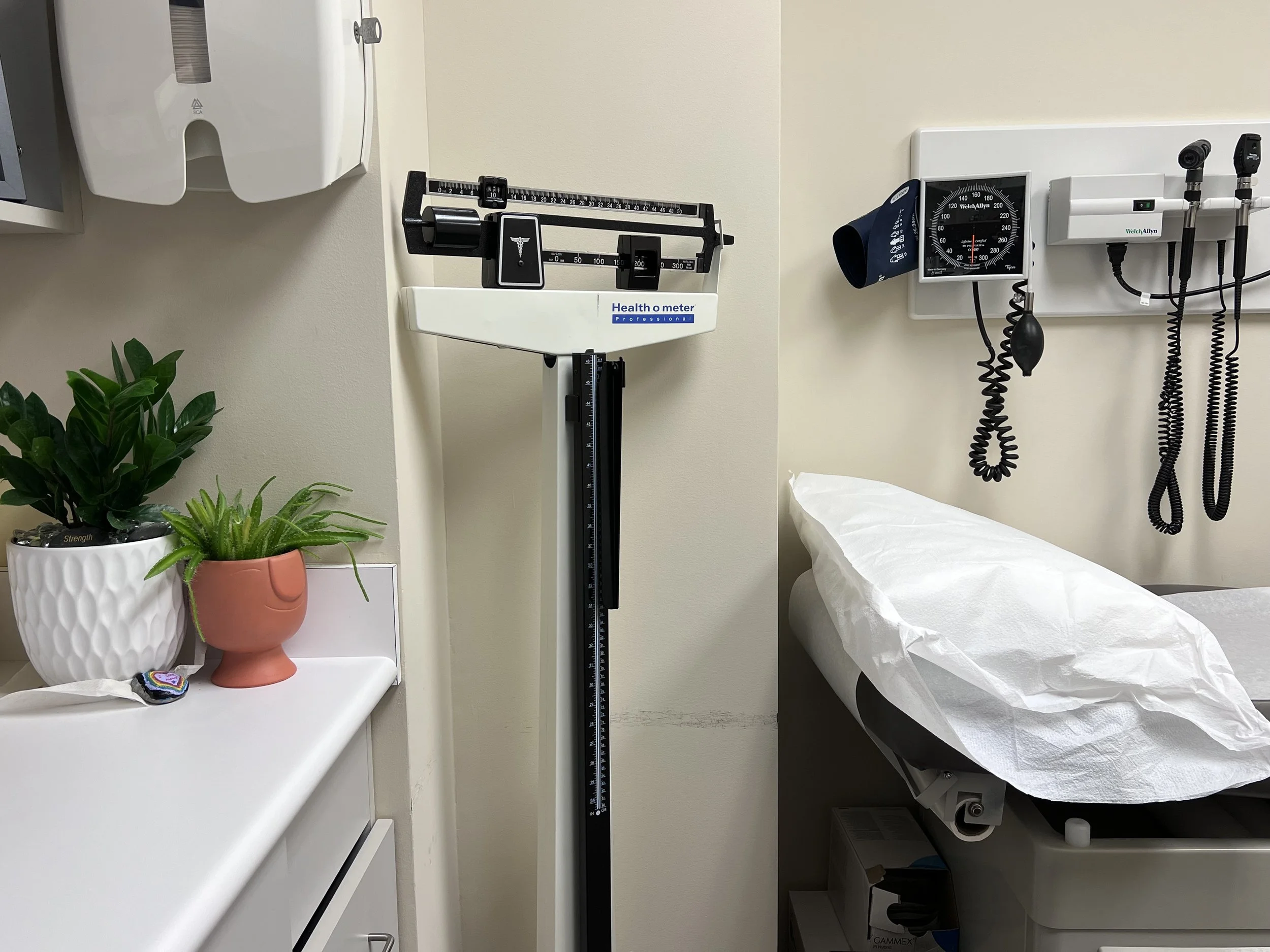I shared an article recently about another family doctor who shut down his practice.
In response, I was asked on X (formerly Twitter):
This is a great question and one that I’ve thought through many times — especially considering my own burnout.
When a family doctor cuts back their hours, two major things happen:
The first: You cut back your hours ➡️ fewer hours in clinic ➡️ less access for patients ➡️ patients become unhealthier ➡️ their visits become more complex and take even longer ➡️ your clinic runs behind ➡️ you have fewer spots to see patients ➡️ these patients end up in the ER and hospital for a preventable illness ➡️ the system gets bogged down ➡️ wait times skyrocket ➡️ you are blamed in the media and by government ➡️ you yourself know you could and should provide better care ➡️ your burnout worsens ➡️ you leave practice OR you still stay in practice ➡️ you get depressed and end up at high risk of suicide ➡️ you close your clinic.
And yes, physicians do consider and die by suicide from burnout.
Suicide is one of the most devastating consequences of uncontrolled burnout.
The second: You cut back your hours in clinic ➡️ less revenue for your beloved clinic, the clinic you’ve worked so hard to build ➡️ salaries are the highest expense in your clinic ➡️ you let go of a staff person ➡️ If you are a solo doctor, you close your clinic. If you are in a group practice, you can’t make your share of the expense ➡️ you close your clinic.
Here’s the kicker:
Once a family doctor leaves their comprehensive care practice, they do not come back.
The healthcare system loses out. Strong healthcare systems are built on a foundation of strong, healthy family doctors. Most of all, patients lose out.
What is the solution? The Ontario government can do something about this. How they fund and how much they fund family medicine is a part of it. So are the policies they create that determine how family doctors work, how many hours we need to put in, and how much paperwork we’re stuck doing.
The governments in BC, Manitoba and Saskatchewan made it happen. It’s time that Ontario follows suit.
